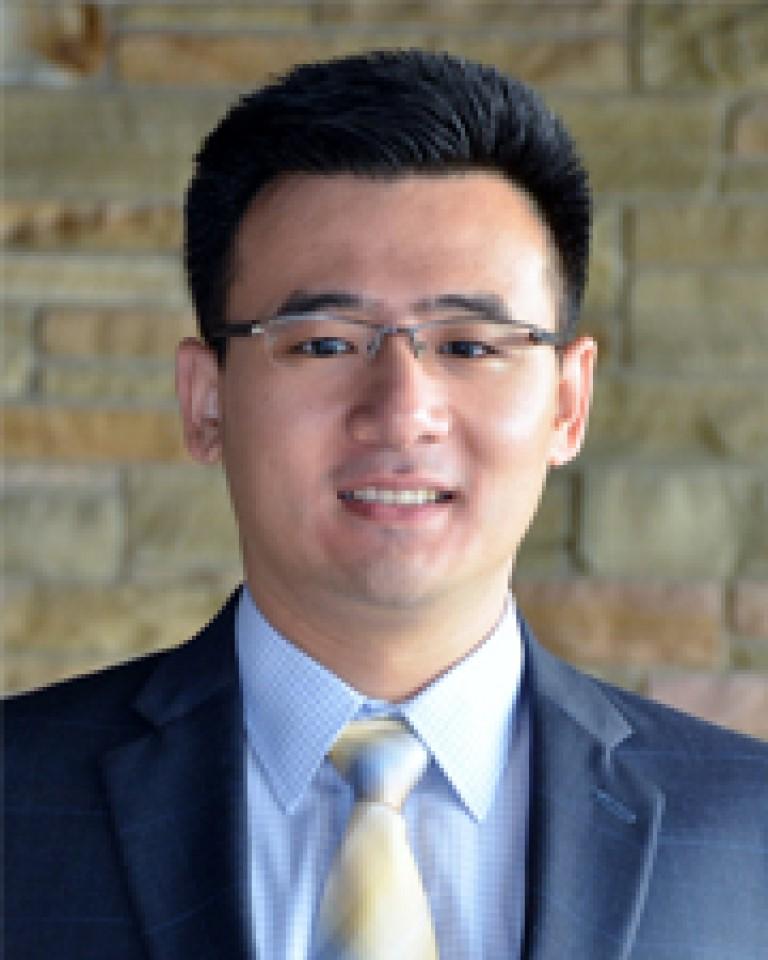Lin Liu

MENTOR SPOTLIGHT | WINTER 2019-2020
Department: Mechanical Engineering
Describe your research/creative scholarship in a few sentences that we can all understand: My long-term career goal is to serve society by creating theories, methodologies, techniques, and tools for energy applications, primarily for electrochemical energy storage and conversion. My focus is on finding solutions to enable more powerful and cheaper batteries and fuel cells.
Q: How did you first get interested in doing research or creative work?
A: When I was an undergraduate, I was attracted by a course called Control Theory that mainly dealt with analyzing, predicting, and controlling dynamical systems in engineered processes and machines in an efficient and optimal manner. I volunteered to work for the professor who taught the class.
Q: What do students in your discipline learn by doing research that they wouldn’t learn by just taking classes?
A: Just like Bruce Lee said, “Knowing is not enough, we must apply. Willing is not enough, we must do.” Doing research is exactly what we need to apply the basic principles to practical applications and to strengthen our understanding of the knowledge acquired in classes.
Q: What do you find to be the most exciting part of doing research or creative work? What makes this line of work meaningful and interesting to you?
A: I find the most exciting part of doing research is in the process of educating a dedicated cadre of future engineering and research leaders. I want to pass on the passion for research and education. Hopefully, my students and their students will keep pursuing new knowledge.
Q: What advice do you have for undergraduates interested in doing research in your field?
A: It is never too early to start!
Q: For many students, doing research or a larger creative project is the first time they have done work that routinely involves setbacks and the need to troubleshoot problems. Can you tell us about a time that your research didn’t go as expected? Or about any tricks or habits that you’ve developed to help you stay resilient in the face of obstacles?
A: After my M.S. study, I moved to the United States and decided to expand my research area from manufacturing to electrochemistry. I was so challenged by my first project on solid oxide fuel cells, which was a brand new field to me. I remember the days and nights I spent reading textbooks, lecture notes, and papers. I felt like a sponge and absorbed new knowledge 24/7. Be prepared for the frustration. As Winston Churchill said, “You cannot tell from appearances how things will go,” and “never give in, never give in, never, never, never.”
Q: How do you spend your time outside of work?
A: Mostly I spend time with my wife Sophia and our two sons Joey and Joren. I also enjoy swimming, playing tennis, and weight lifting.